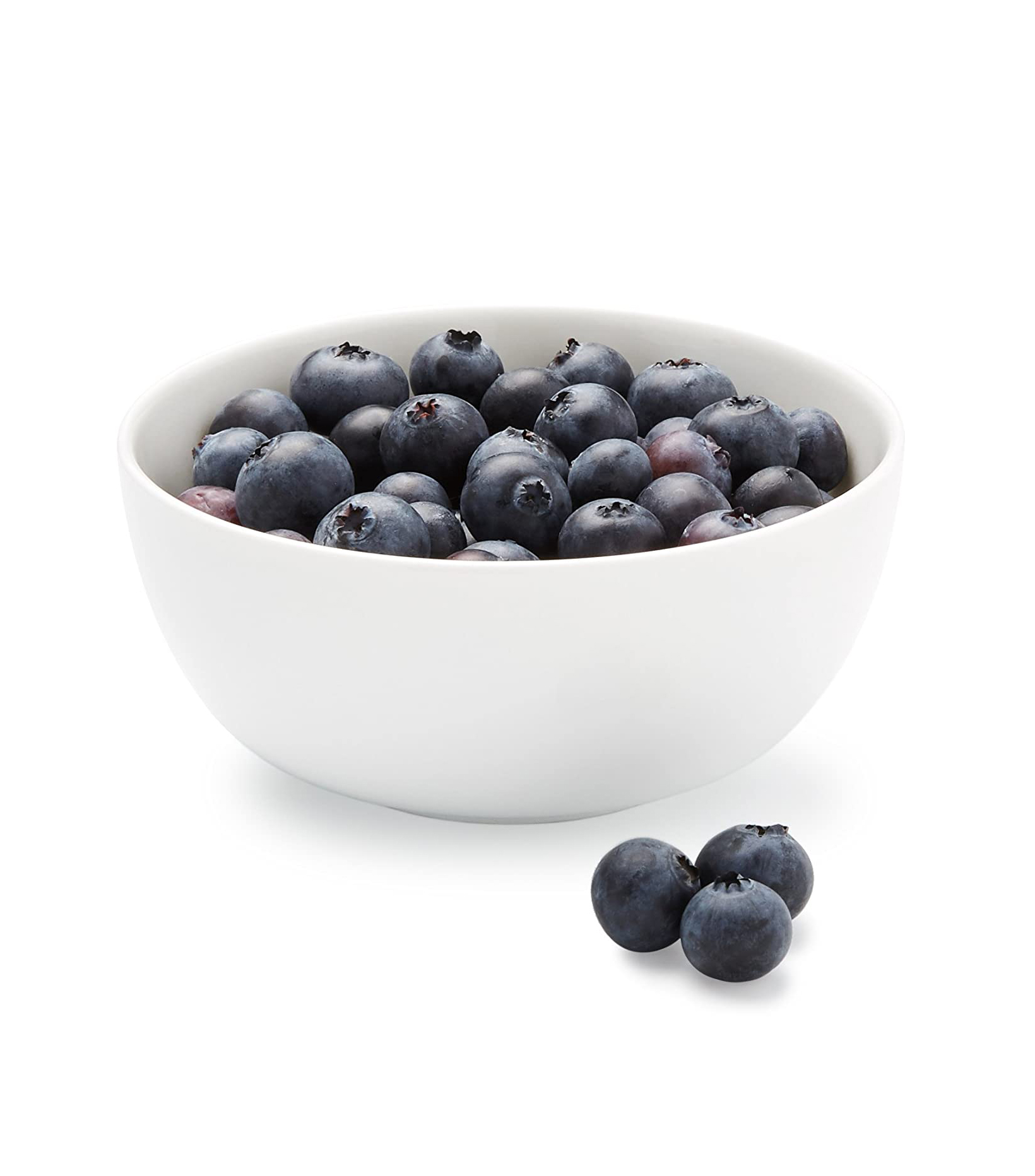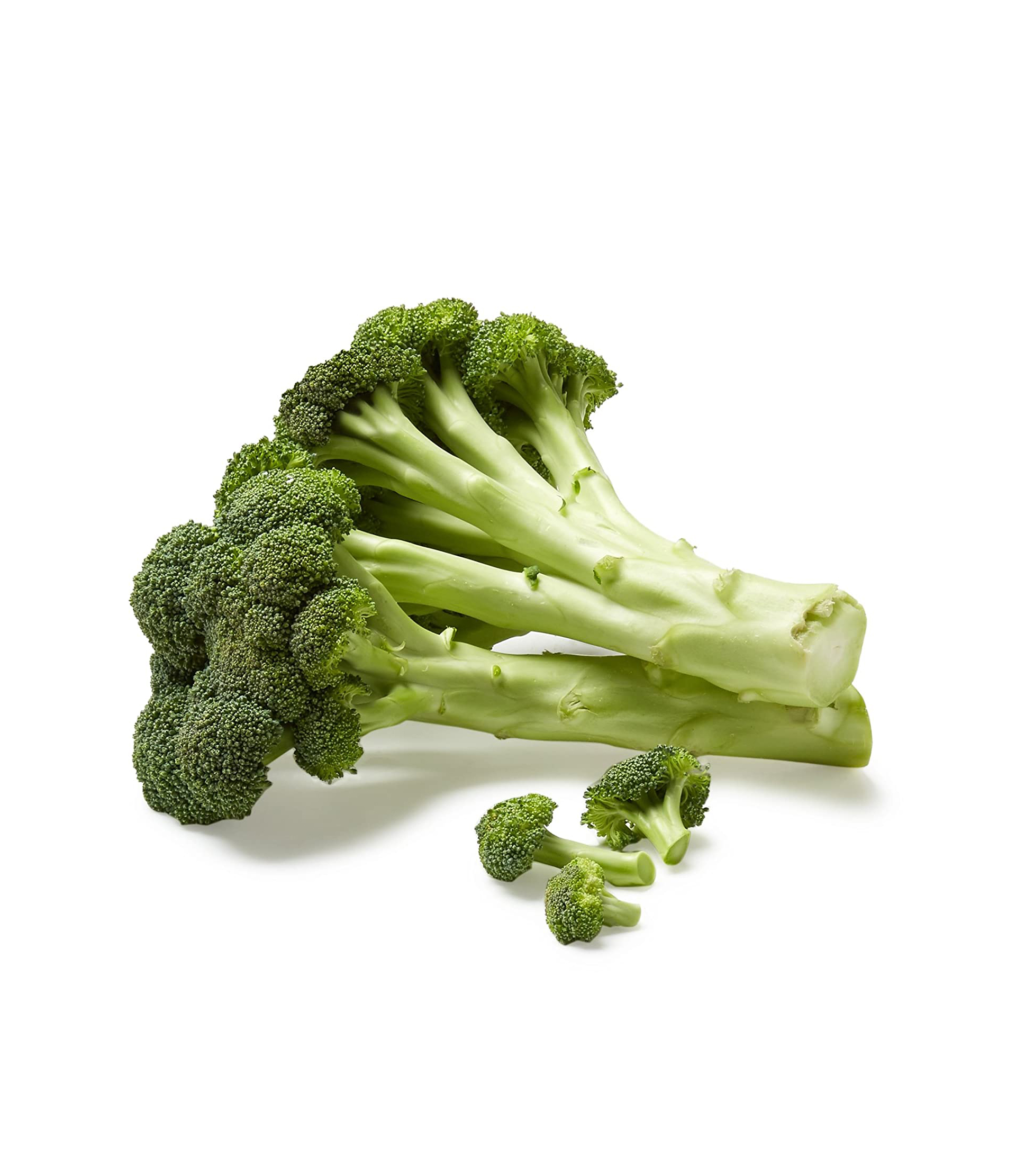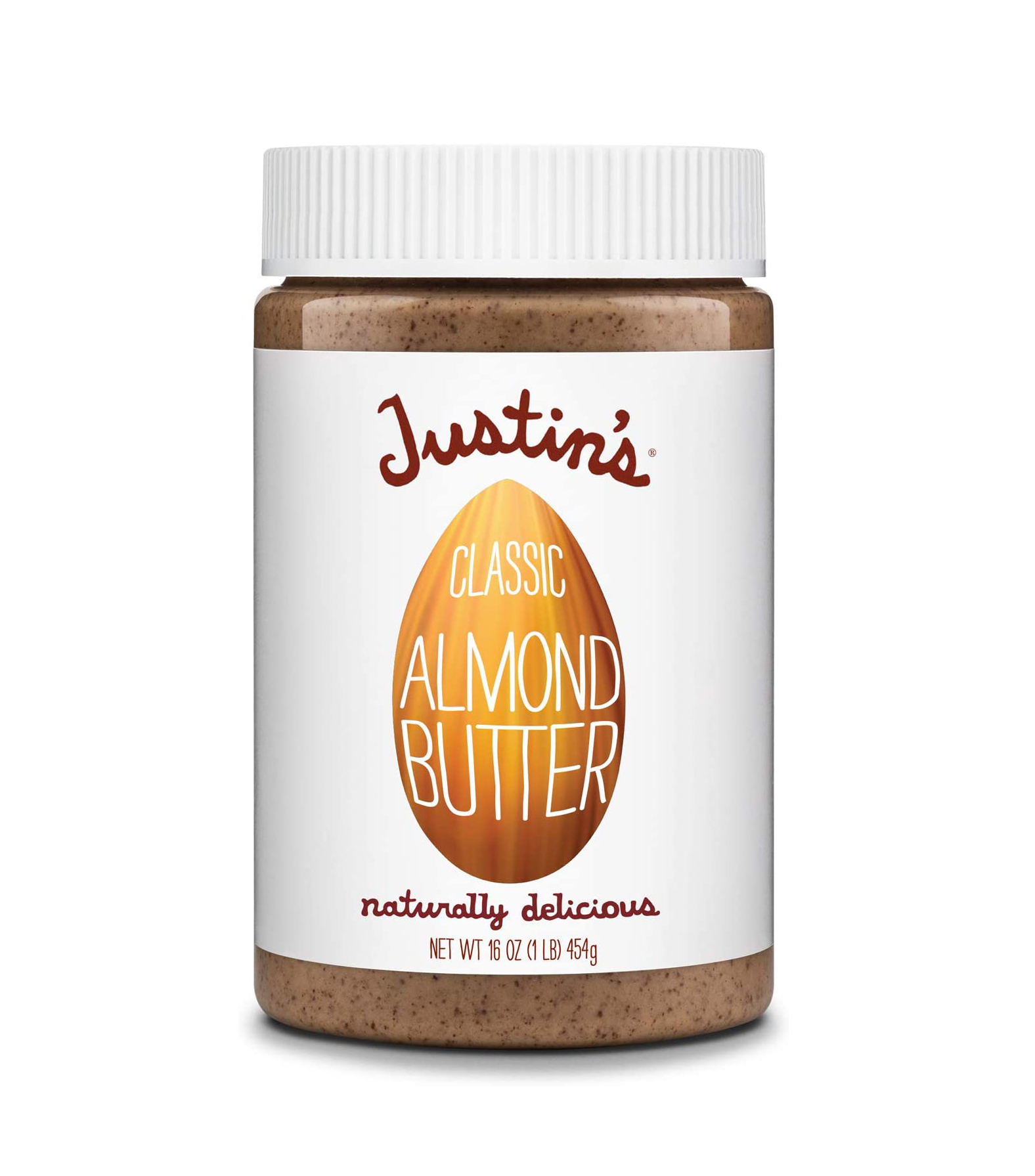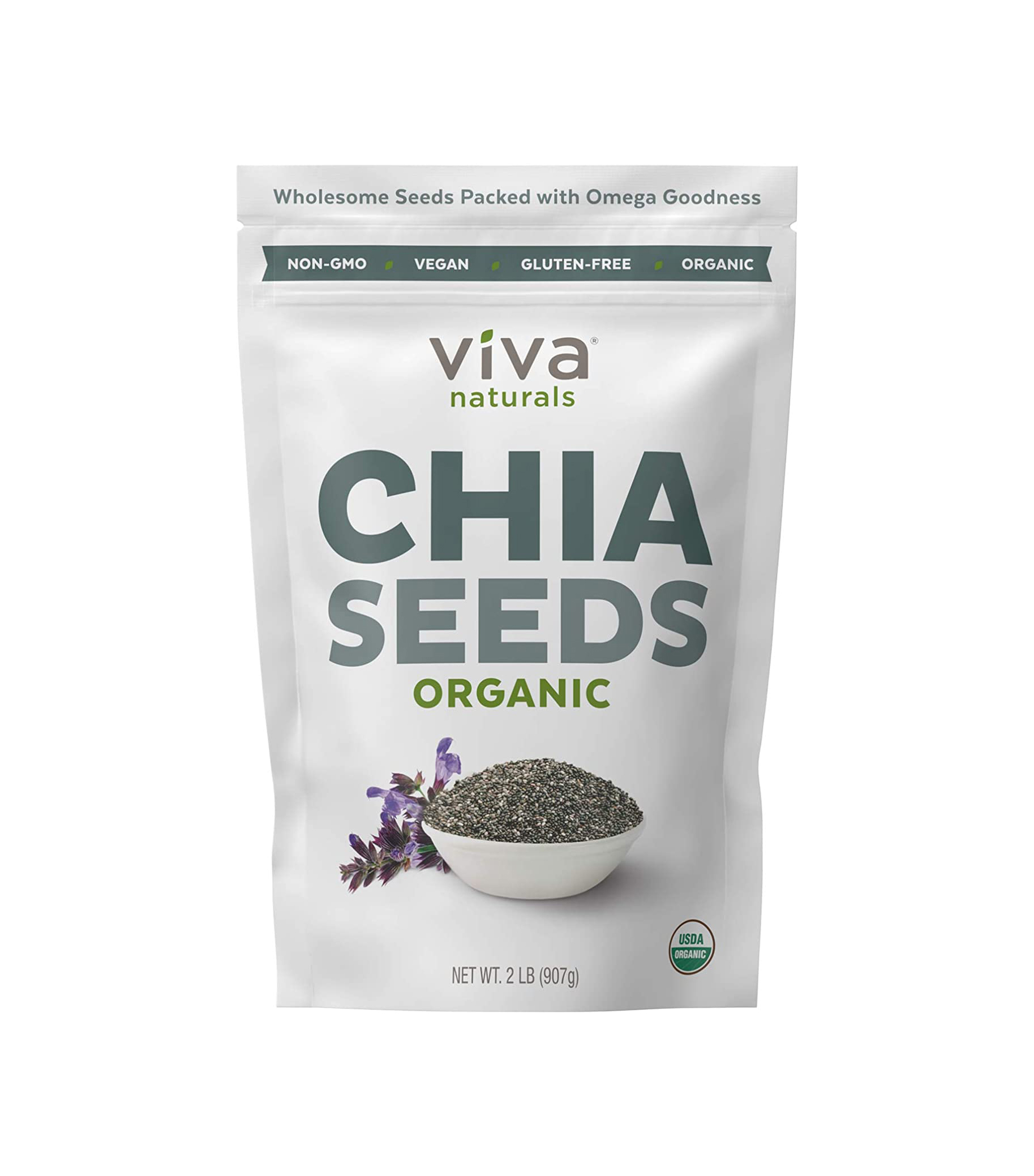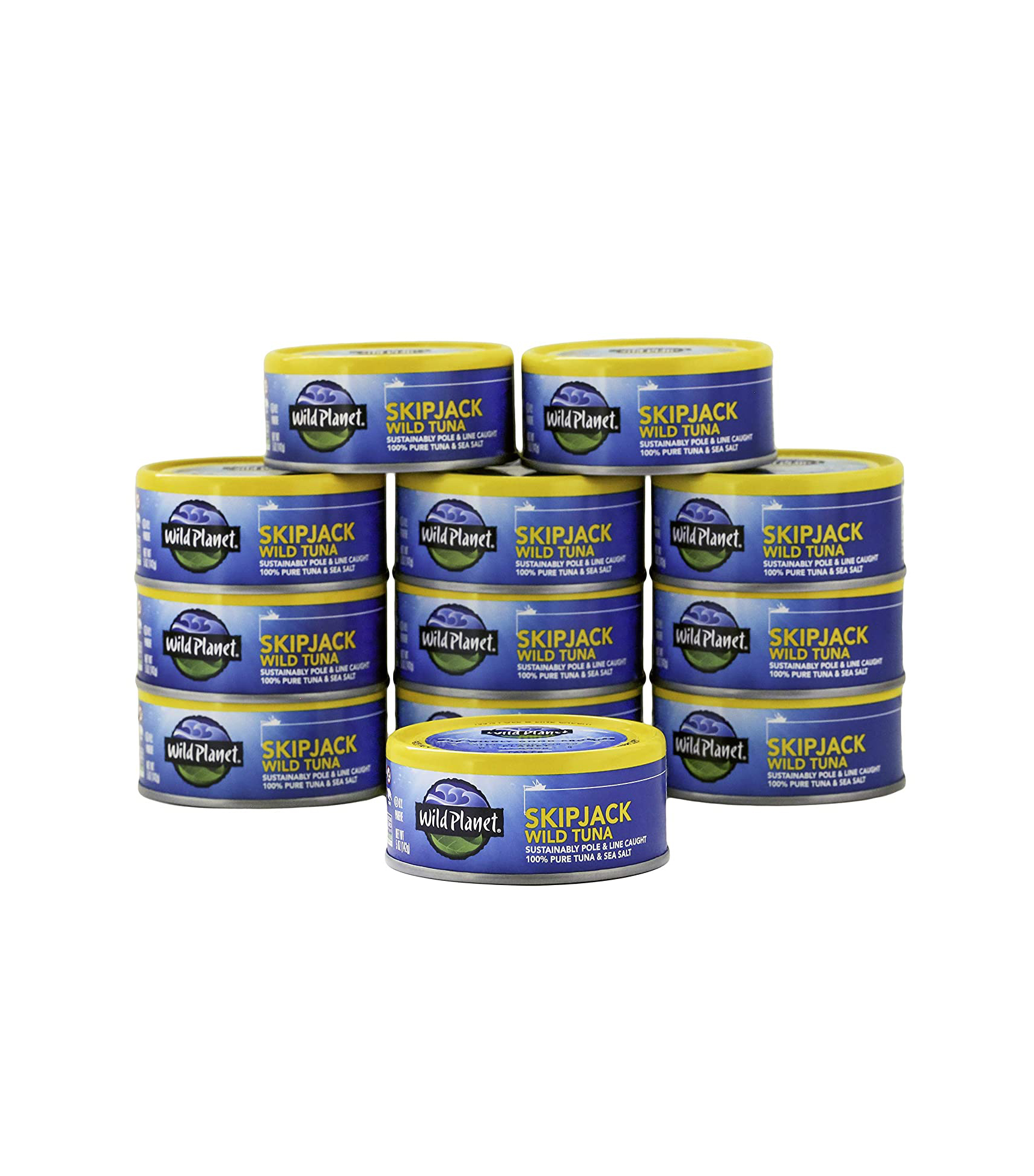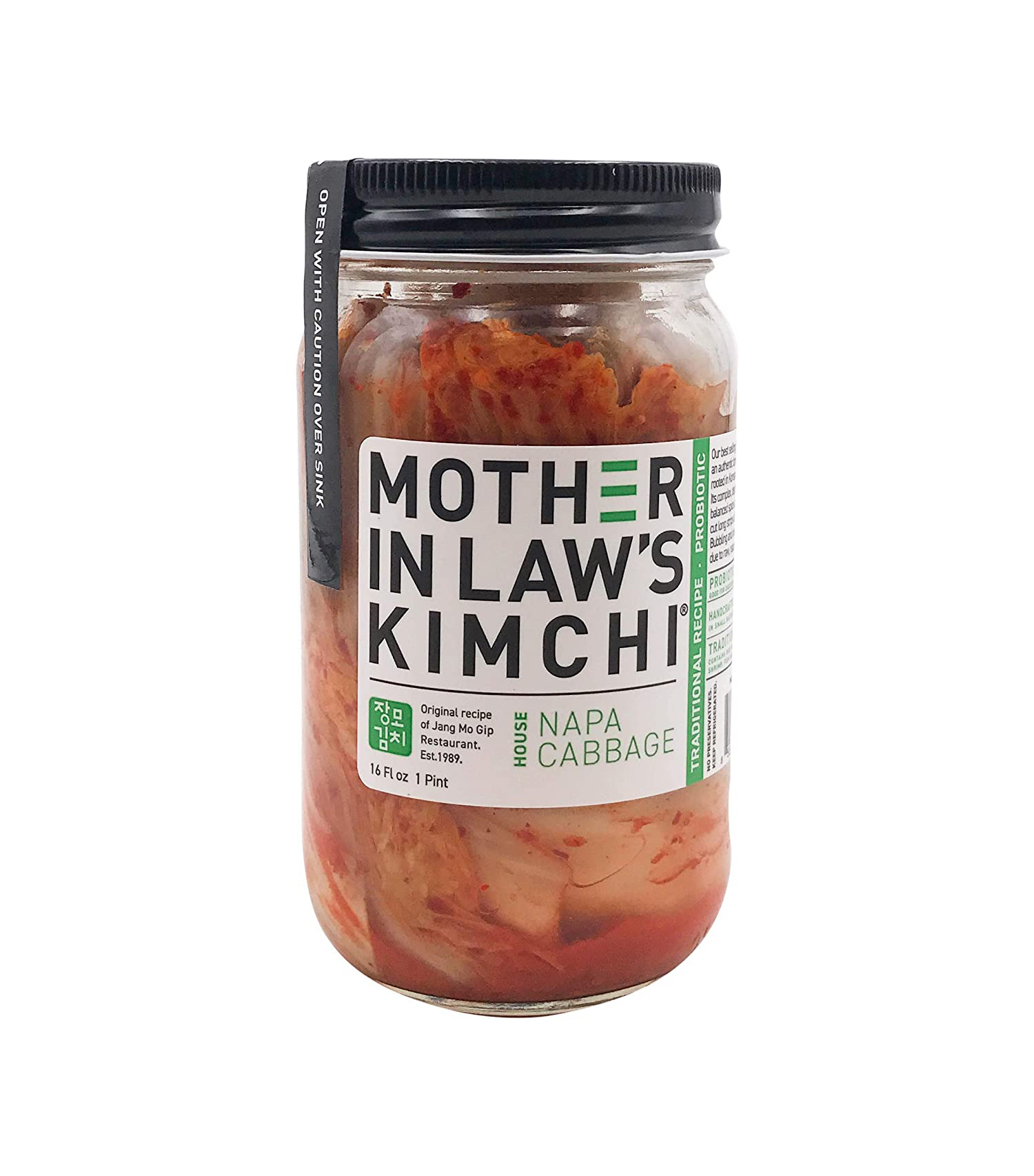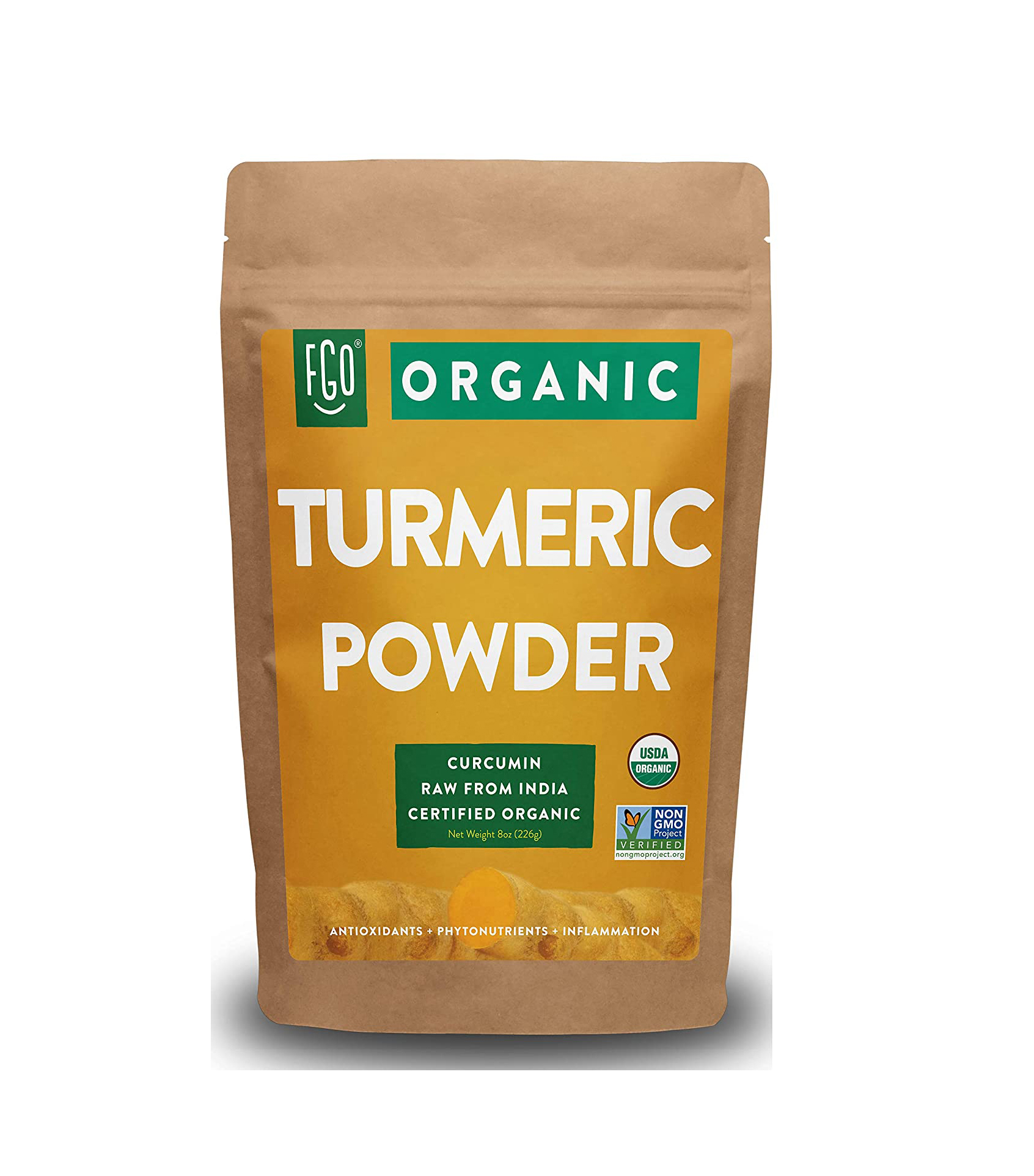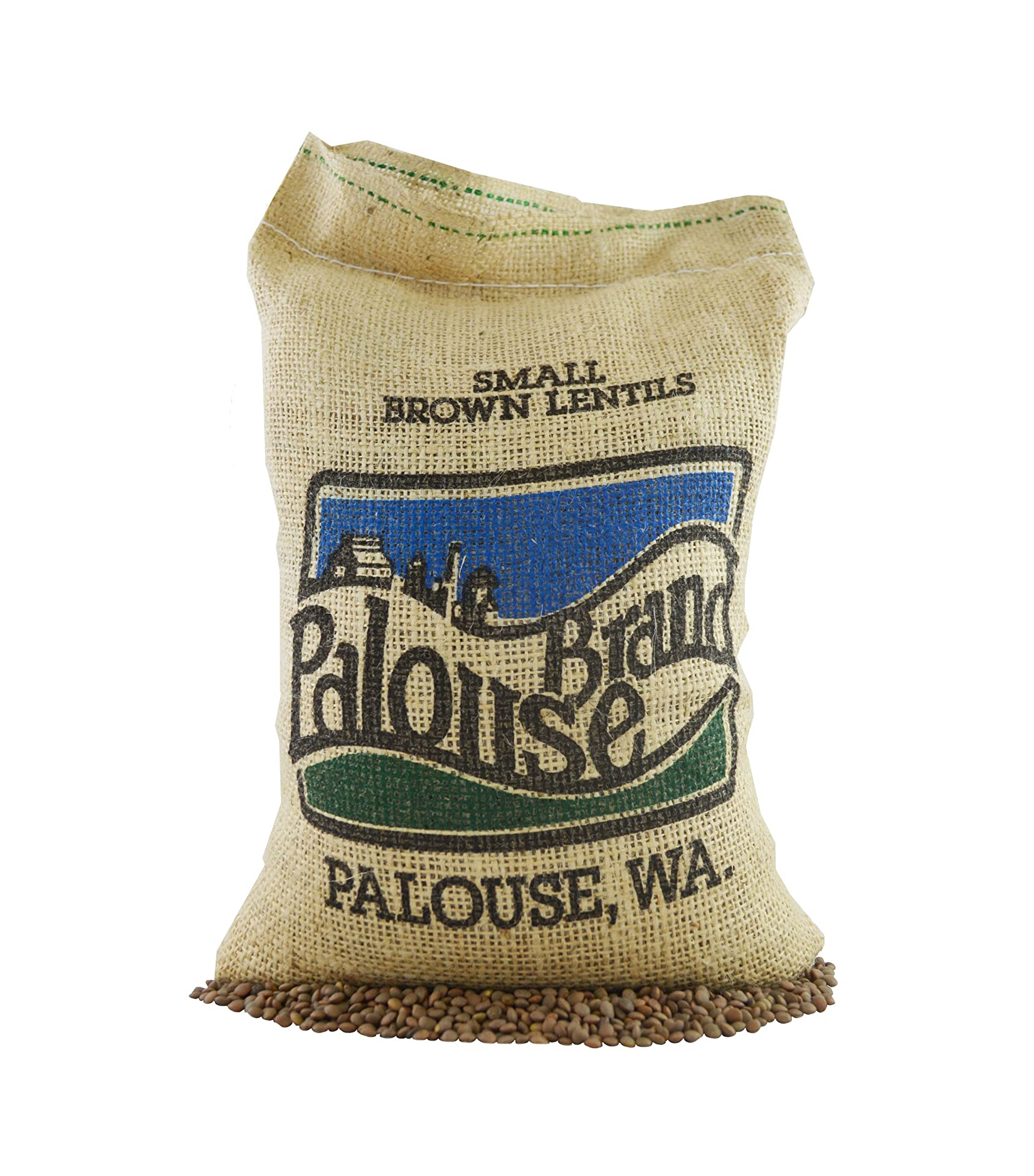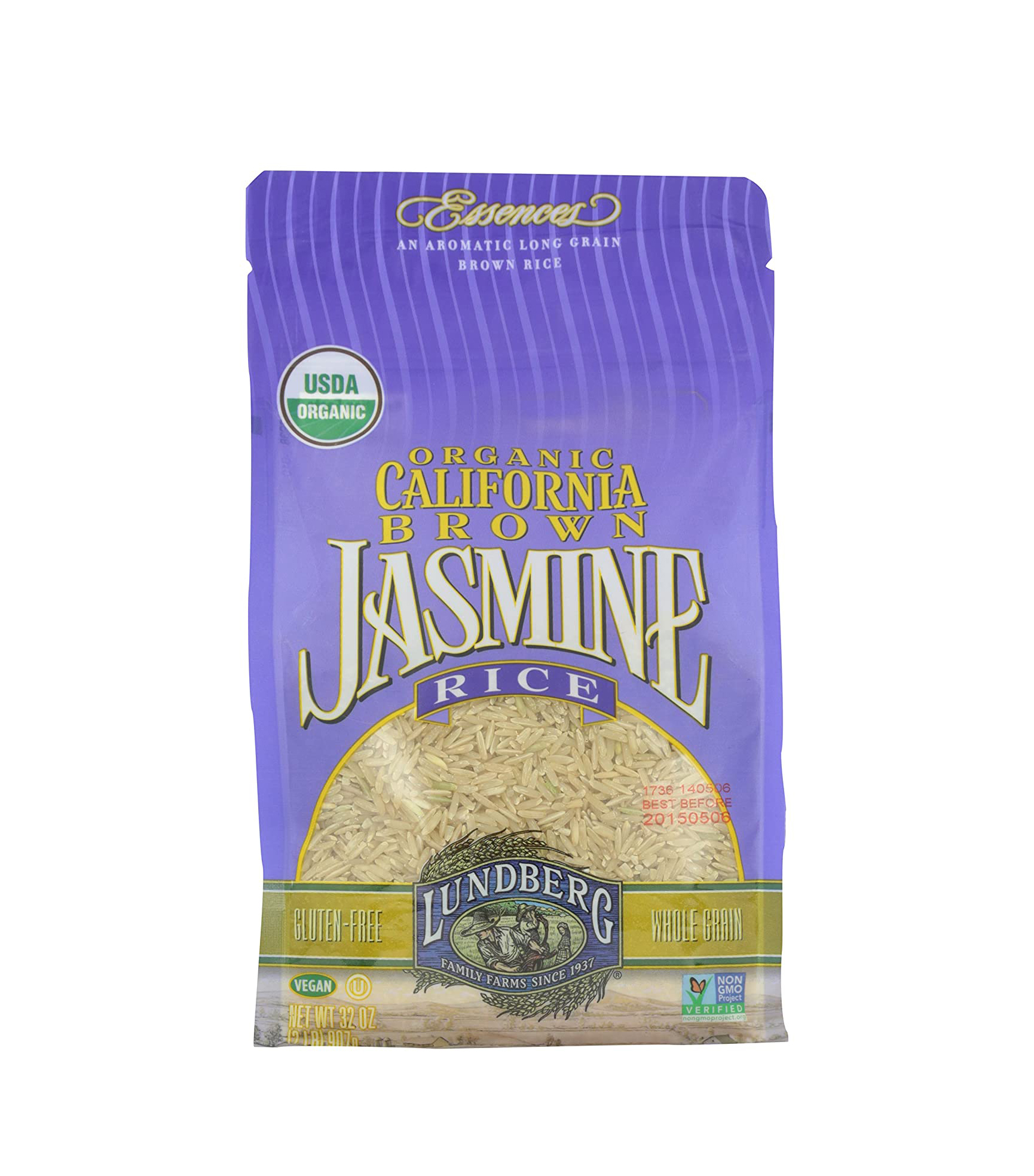These 10 Functional Foods Are Like a Whole-Body Reset
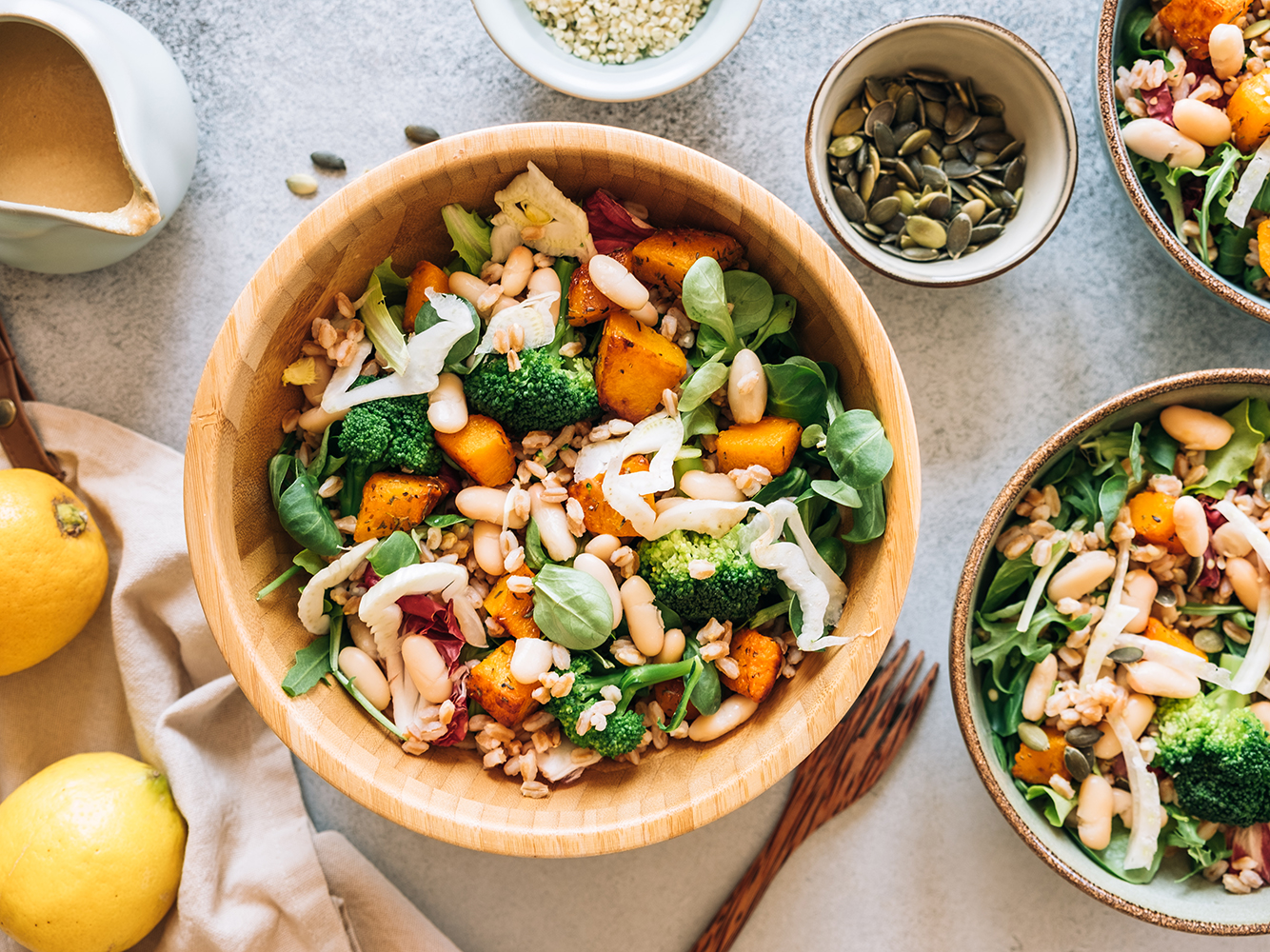
When it comes to healthy eating, you probably have the fundamentals down. You know your way around a nutritional label and can hit your macros by instinct alone. Now that superfoods have become kitchen staples, functional foods are generating buzz for bringing something beyond basic nutrition to the table. Far from a fad, functional foods are familiar and widely available, with well-evidenced benefits. Of course, you want everything you put in your body to do the most. But what makes a food "functional," and which of these foods are best to eat?
We took these questions to doctor of clinical nutrition Brooke Scheller. "Functional foods provide benefits beyond the more well-established understanding of simply macronutrients (like protein and carbs) and micronutrients (like vitamins and minerals)," said Scheller. "Functional foods can be used to help support specific functions of the body, like the gut, the brain, or the muscles, and contain vitamins, minerals, and/or antioxidant compounds that have a specific action on different parts of the body."
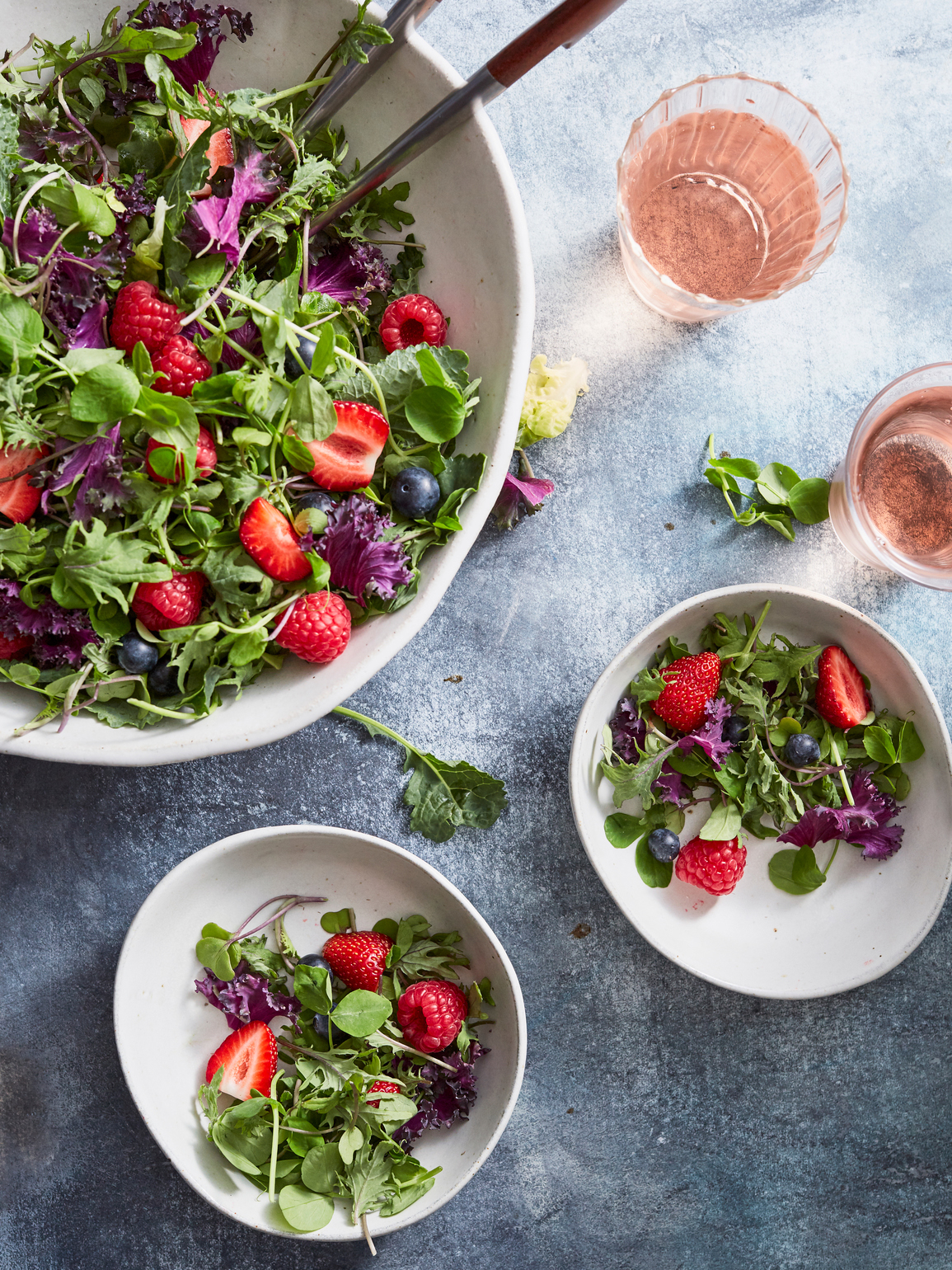
But there's an important distinction to be made when talking about functional foods: whether to include so-called fortified foods or not. To back up, fortified foods are ones that have been artificially infused with ingredients like vitamins, minerals, fiber, and pre- and probiotics. "I put fortified foods in a separate category than natural functional foods since they are physically modified to enhance their nutritional content," says Carielle Nikkel, MS, RD, nutrition specialist at Acute Care Therapeutic.
Scheller agrees and says, "Consuming nutrients in their whole-food form tends to be the best way for the body to absorb these important nutrients. I always recommend a whole-food approach to obtain nutrients by consuming the foods themselves instead of synthetic forms."
Keeping that in mind, ahead, find 10 functional food groups worth incorporating into your diet for bonus health benefits thanks to their rich and complex nutritional profiles.
1. Fruits
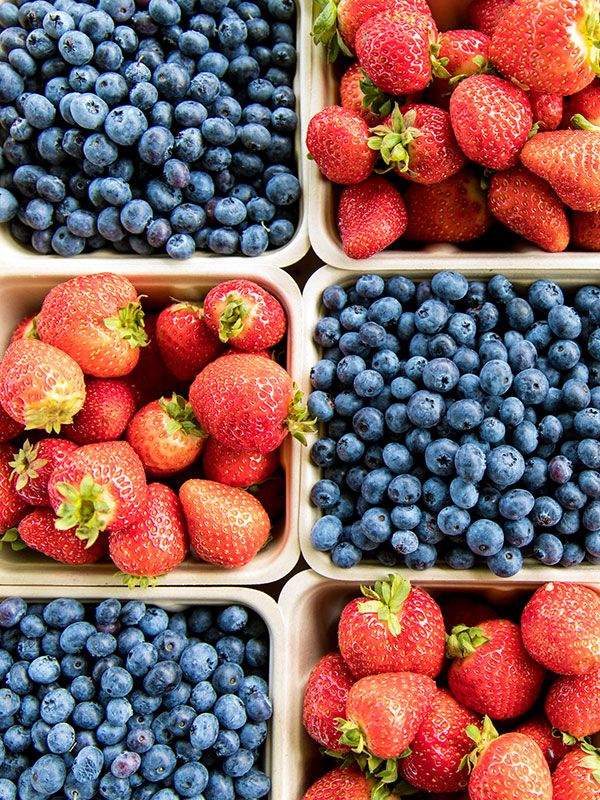
Fruits like kiwi, oranges, and apples are rich in fiber, vitamins, and minerals that benefit health. Berries are the real functional food star here. "Blueberries, blackberries, and raspberries contain flavonoid and anthocyanins, which provide antioxidant benefits and play a key role in disease prevention," including the ability to protect and heal the liver, says Kristin Gillespie, RD, a registered dietitian and certified nutrition support clinician. Scheller also loves berries for their high fiber content, which supports digestive health and regularity.
2. Vegetables
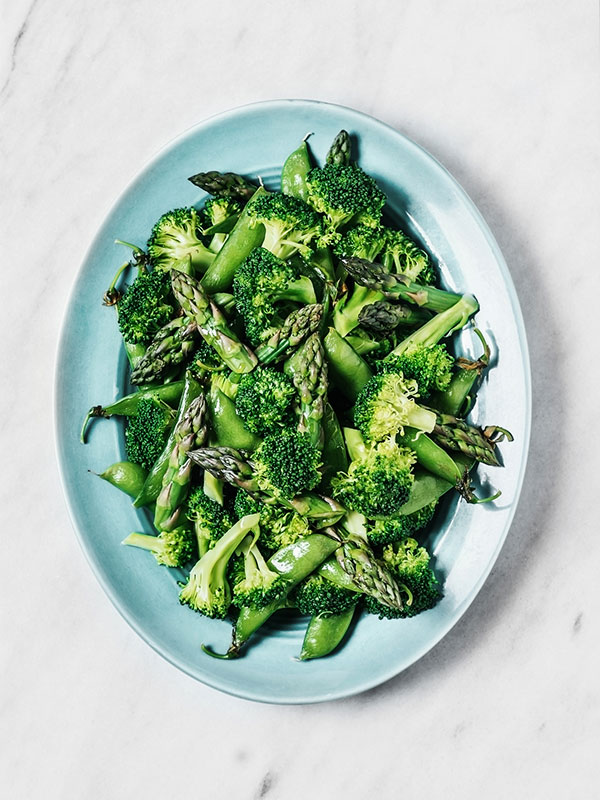
"Cruciferous vegetables, like broccoli, cauliflower, and cabbage, contain compounds that help with digestion and detoxification. They even contain cancer-protective compounds like sulforaphane," says Scheller. Another favorite vegetable of hers is the mighty beet (or beet greens), which are high in B vitamins and choline. "These nutrients help support the body's natural waste removal processes and support the heart and brain," she explains.
3. Nuts
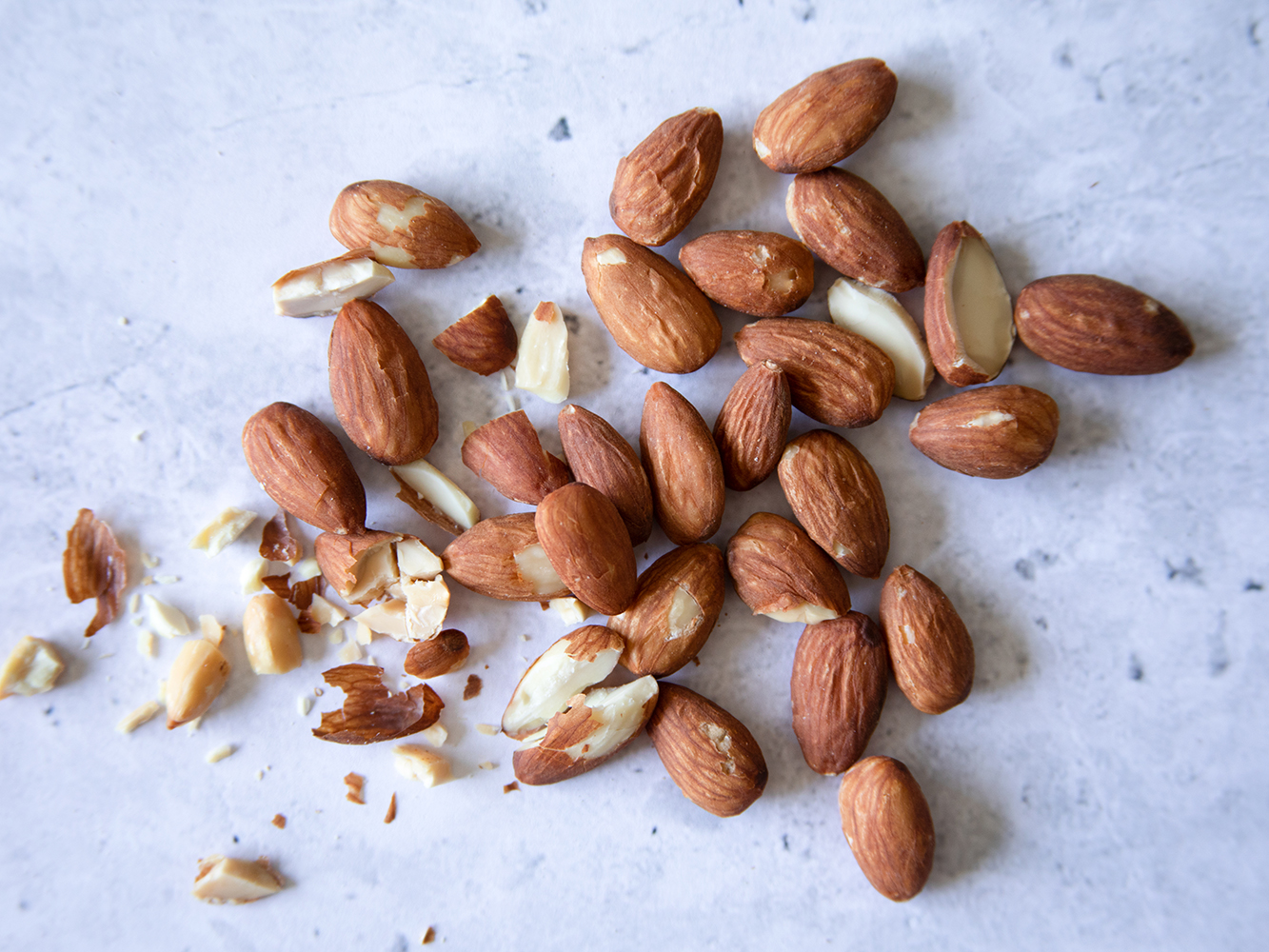
"Nuts are functional food superheroes, offering healthy fats, protein, and fiber in one punch," explains Scheller. "They support heart health, healthy cholesterol levels, and a healthy inflammatory response." Delicious when as nut butter, nut milk, or by the handful for snacks, specific varietals including almonds and walnuts both contain linoleic acid and alpha-linolenic acid, which help prevent the development of heart disease, hypertension, and hyperlipidemia, she adds.
4. Seeds
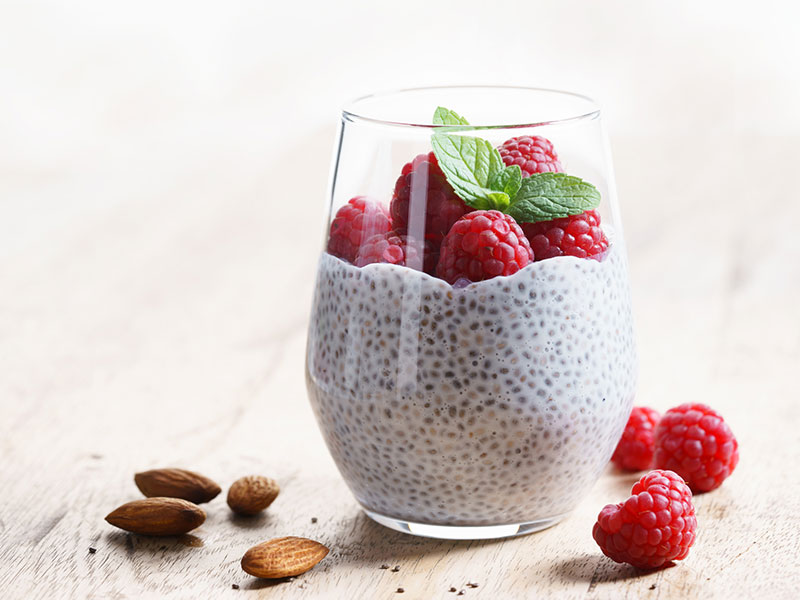
"Chia and flax seeds have been increasingly popular in recent years as we've come to learn more about their many health benefits," says Nikkel. "These seeds are incredibly healthy, containing a wide variety of nutrients including fiber, protein, heart-healthy fats, vitamins, minerals, and antioxidants." What's more, their rich nutrient content makes them beneficial in preventing chronic diseases such as cancer, heart disease, and diabetes.
5. Seafood
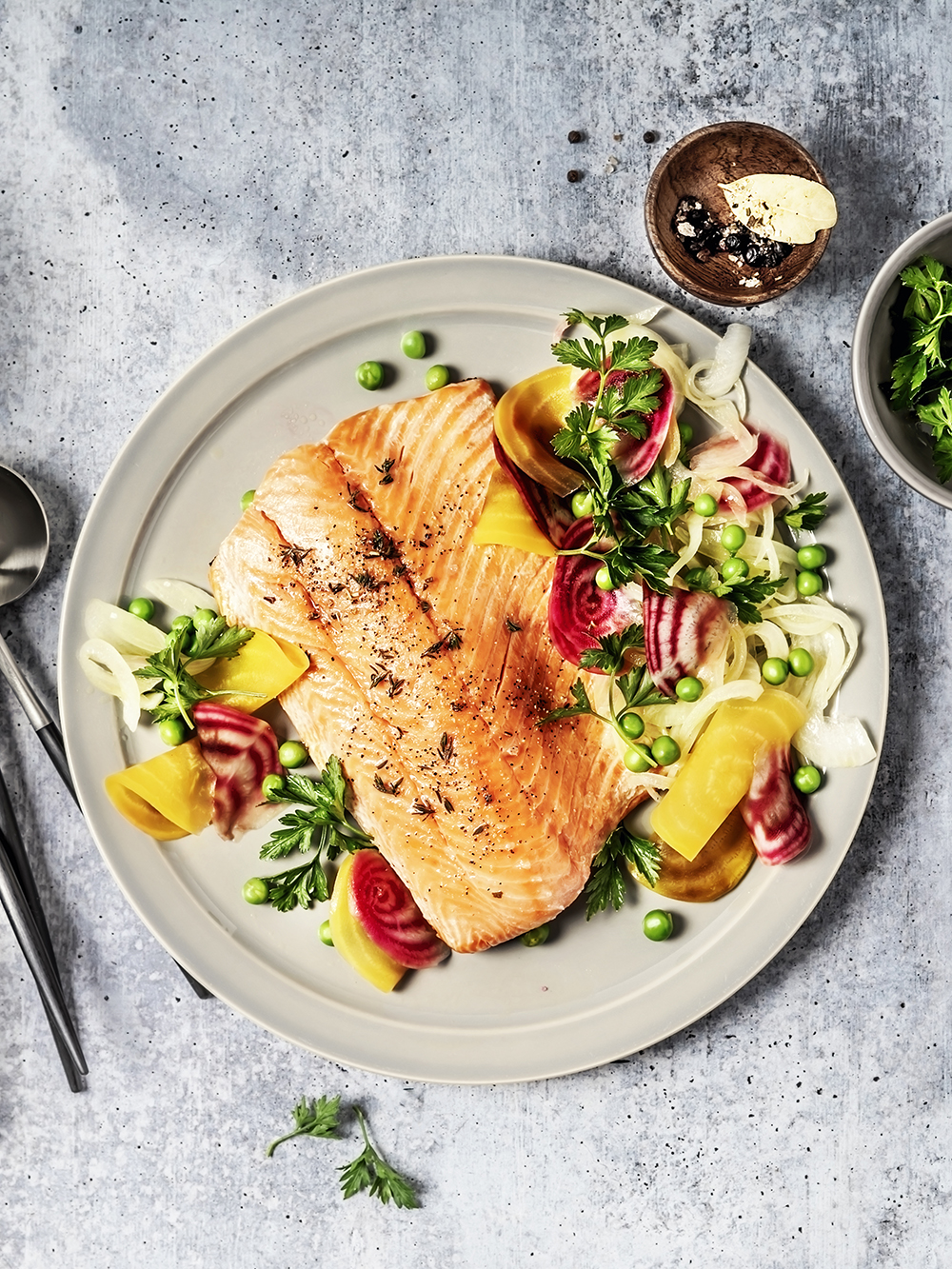
Okay, as someone who doesn't like seafood, I balked at this one. But now I'm reconsidering ordering seafood the next time I go to a restaurant (whenever that may be!). "Sardines, tuna, and salmon are packed with omega-3 fatty acids that hydrate your cells and help promote healthy triglyceride and cholesterol levels," says Gillespie. Salmon's dense nutritional content includes vitamin D and selenium, and shellfish is an excellent zinc source, which supports healthy skin and strengthens the immune system. Translation: Seafood is a functional food that works from the inside out.
6. Fermented Foods

"Fermented foods such as kimchi, sauerkraut, kombucha, and yogurt can help to increase beneficial bacteria in the gut," says Gillespie, because they're rich in a compound known as probiotics. Something that most other foods don't provide, these help regulate digestion and support hormone balance. "Plus, balance in the microbiome has been linked to a lower risk of obesity and diabetes," she adds.
7. Herbs and Spices
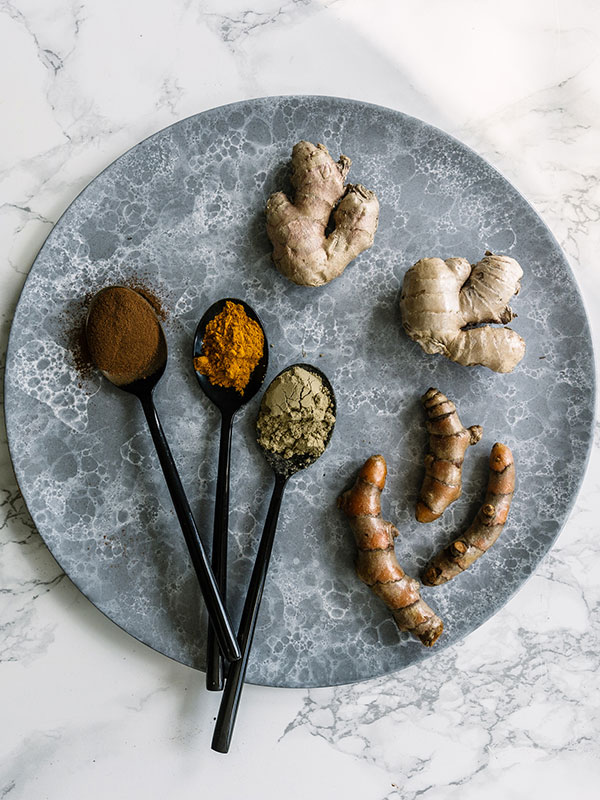
Although your spice rack may get dusty for forgetfulness of use (sorry, just me?), Nikkel says herbs and spices are an often overlooked functional food category in terms of their nutritional value. "They contain little to no calories, so many assume that their nutritional content is minimal. It's quite the opposite, though," she explains. "Herbs like thyme, oregano, and rosemary and spices such as ginger, turmeric, and black pepper reduce inflammation, support digestion, and work synergistically to offer anti-inflammatory, antioxidant, and neuroprotective benefits."
8. Legumes
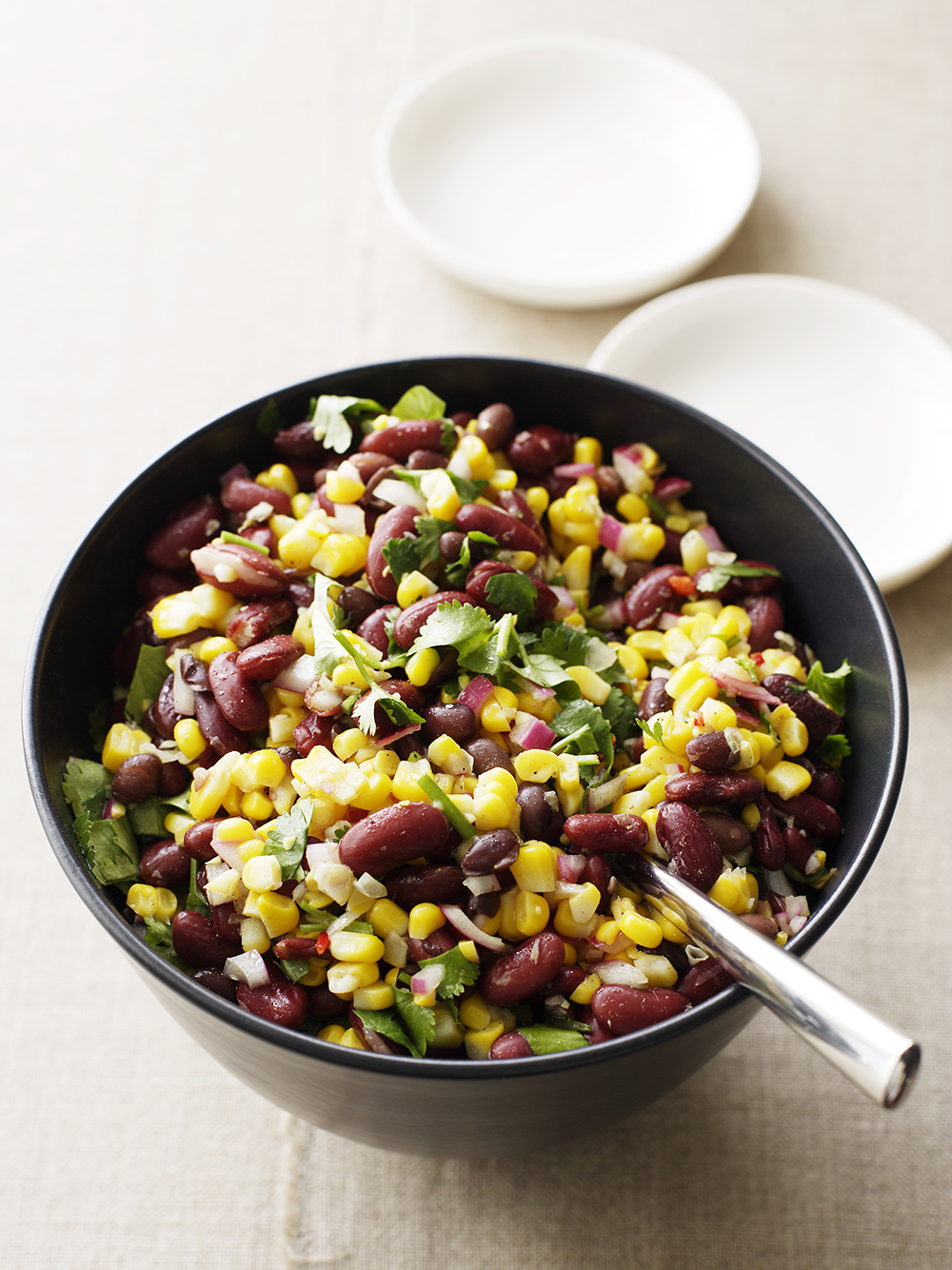
"Beans and lentils provide dietary fiber for your gut microbiome, protein for muscle repair, and micronutrients like potassium and folate for foundational nutrition," says Gillespie. This potent combination can help to improve blood sugar and cholesterol levels. Legumes are also rich in protein and minerals. Black beans, edamame, and lentils are excellent sources of iron, which can prevent and treat some forms of anemia.
9. Whole Grains
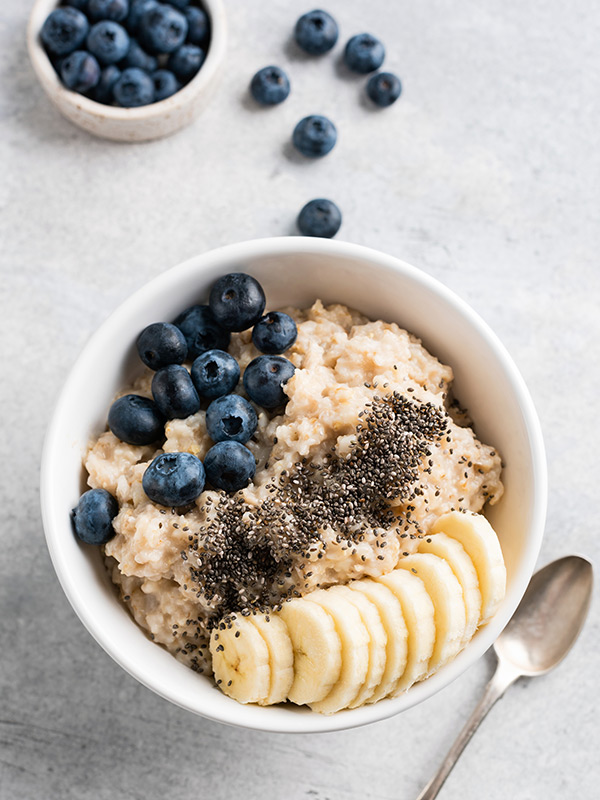
"Whole grains, such as amaranth, oats, and brown rice, are packed full of nutrients, including fiber, protein, antioxidants, and B vitamins," says Nikkel. "Those who consume significant amounts of whole grains have demonstrated a reduced risk of certain cancers, heart disease, type 2 diabetes, and obesity." Minimally processed, whole-grain bread and cereals are also fortified with B vitamins and iron, while whole-grain fiber helps slow the digestion of your meal and support a healthy gut.
10. Coffee and Tea

"Green tea and coffee provide antioxidant benefits and boost the production of feel-good neurotransmitters like serotonin, dopamine, and noradrenaline," says Gillespie. "The antioxidants in coffee and tea help prevent damage from free radicals. Thus keeping our bodies functioning at optimal levels and preventing chronic illnesses."
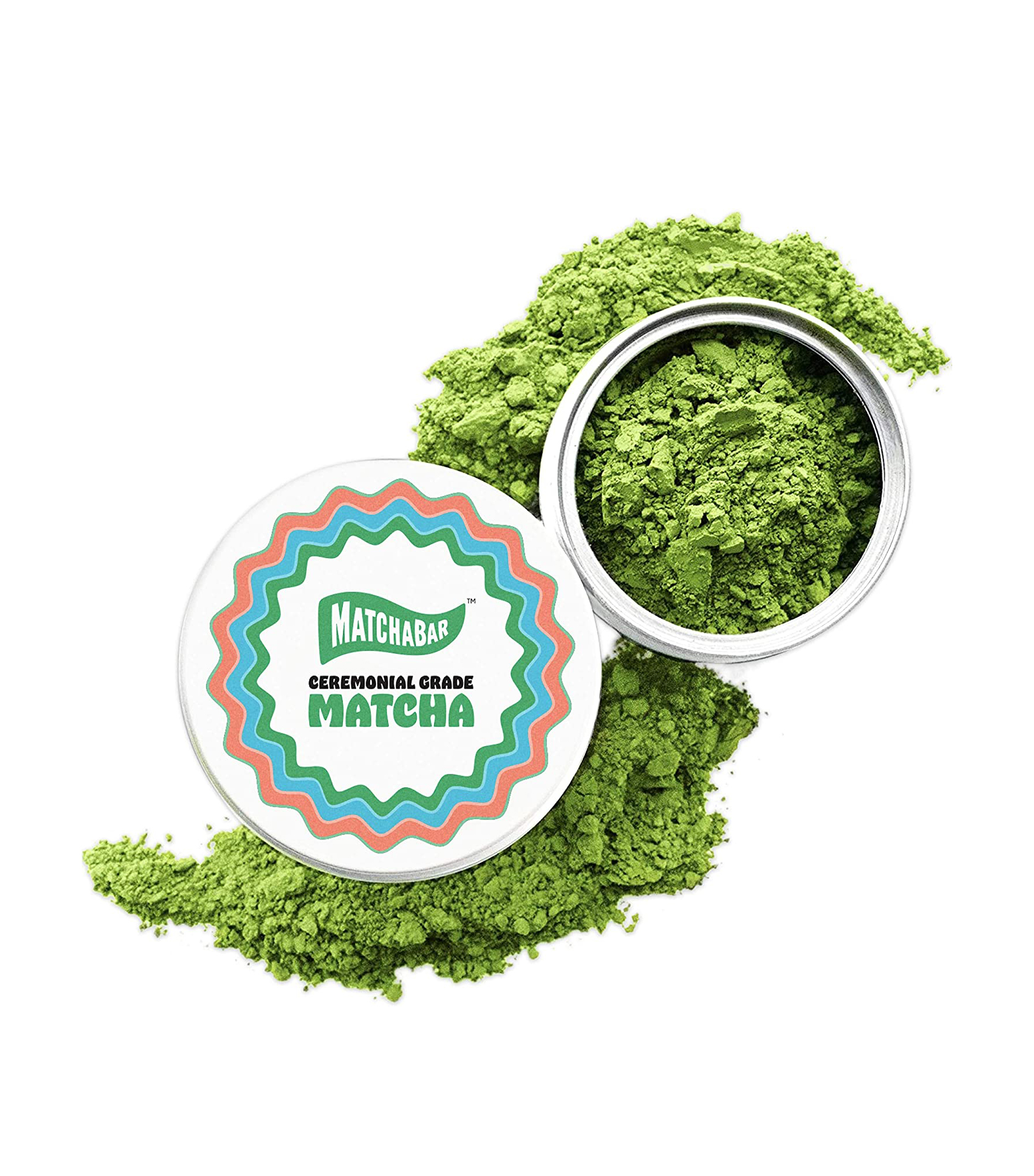
Up Next: A Nutritionist Shares the Best Foods to Boost Your Energy
This article was originally published at an earlier date and has been updated.
Disclaimer
This article is provided for informational purposes only and is not intended to be used in the place of advice of your physician or other medical professionals. You should always consult with your doctor or healthcare provider first with any health-related questions.
-
 Bella Hadid and Gwyneth Paltrow Apparently Love Sakara Life, so We Tried It for 30 Days
Bella Hadid and Gwyneth Paltrow Apparently Love Sakara Life, so We Tried It for 30 DaysHere are our honest thoughts.
By Erin Jahns
-
 The 6 Warning Signs You're Not Getting Enough Protein
The 6 Warning Signs You're Not Getting Enough ProteinAnd what to eat to up your intake.
By Sarah Yang
-
 Everything This Professional Ballet Dancer Eats to Fuel Her for Performances
Everything This Professional Ballet Dancer Eats to Fuel Her for PerformancesHer grocery staples include high-quality French butter.
By Candice Aman
-
 These 8 Foods Are the Worst for Rosacea—Here's What to Eat Instead
These 8 Foods Are the Worst for Rosacea—Here's What to Eat InsteadControl those flare-ups.
By Sarah Yang
-
 15 Things That Cause Bloating and How to Get Rid of It ASAP
15 Things That Cause Bloating and How to Get Rid of It ASAPTry these.
By Sarah Yang
-
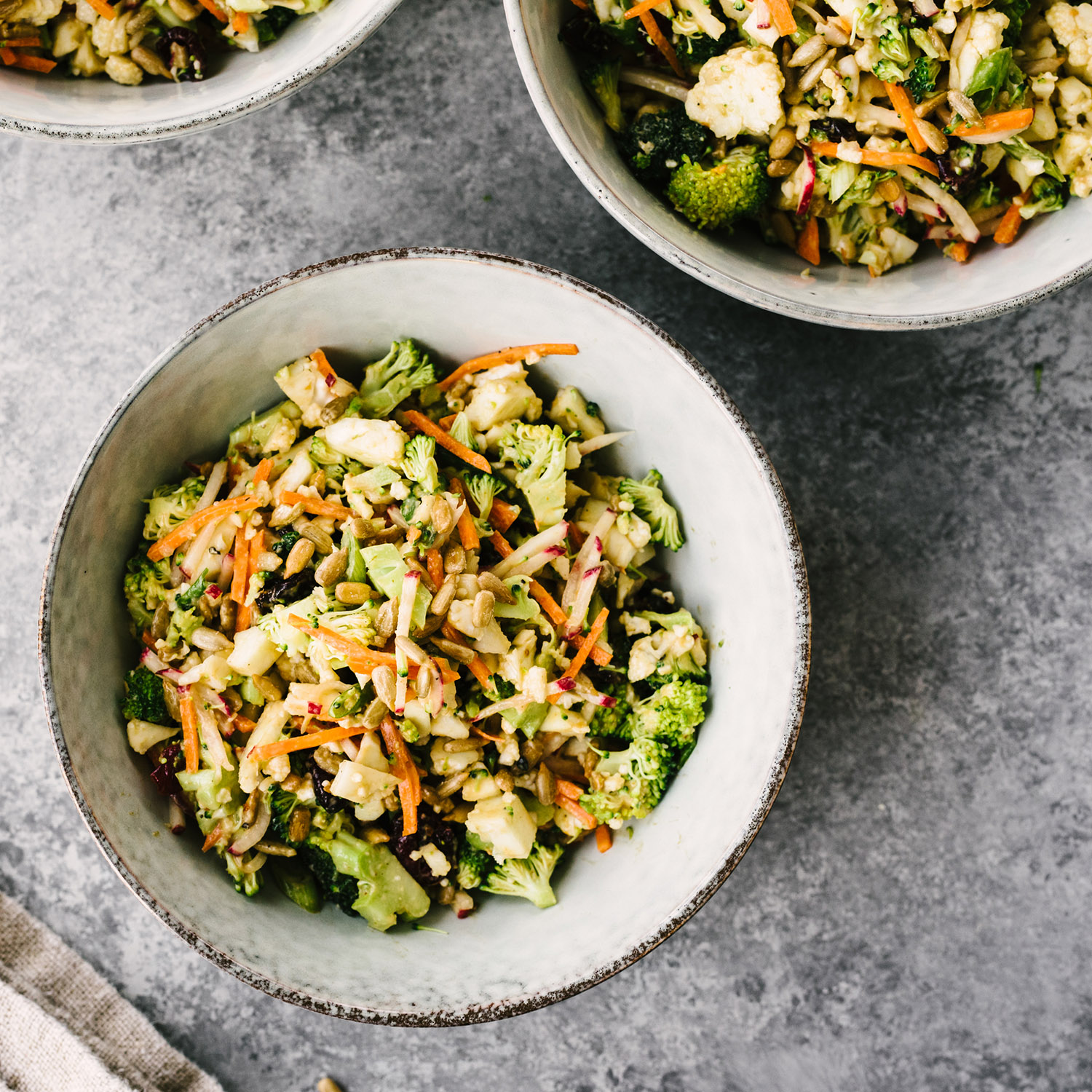 Is the Alkaline Diet Overhyped? What Experts Want You to Know
Is the Alkaline Diet Overhyped? What Experts Want You to KnowHere's how it works.
By Sarah Yang
-
 I'm an Imperfect Dietitian and My Key to Eating Healthy Meals Is Convenience
I'm an Imperfect Dietitian and My Key to Eating Healthy Meals Is ConvenienceTake a peek at my weekly grocery staples.
By Candice Aman
-
 Avoid These 6 Foods—They'll Wreck Your Gut Health
Avoid These 6 Foods—They'll Wreck Your Gut HealthWhat to eat instead.
By Sarah Yang
